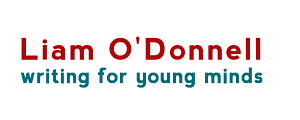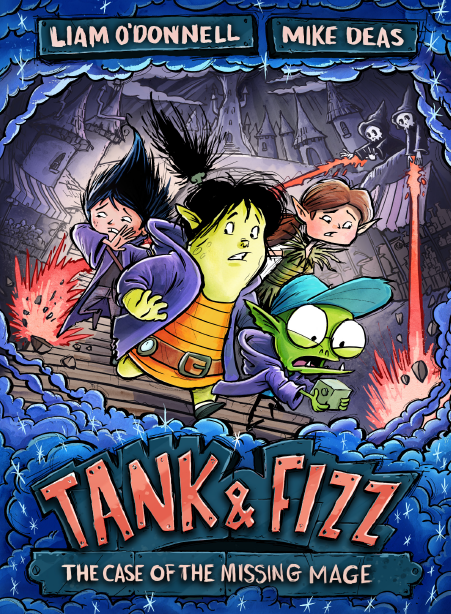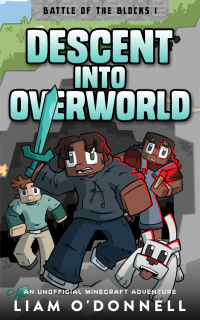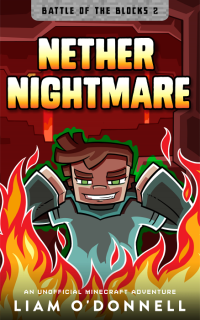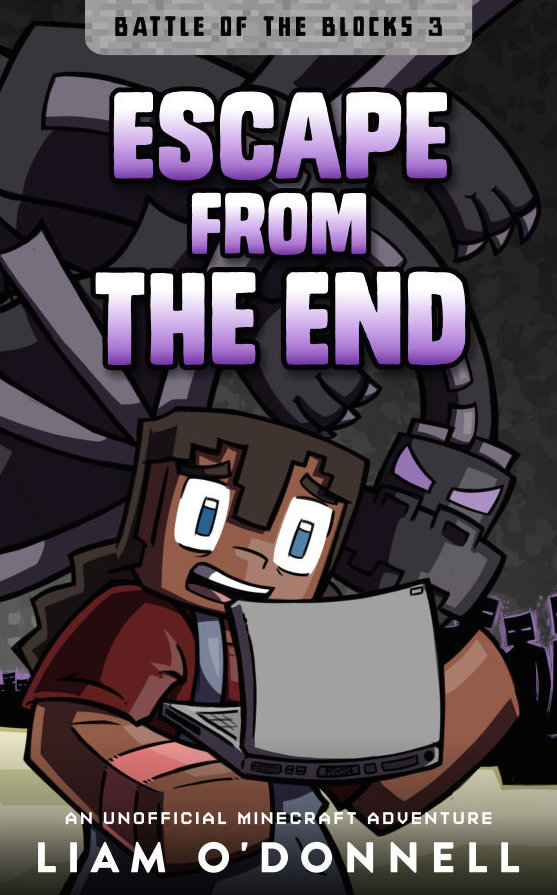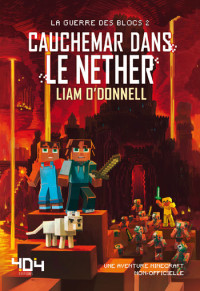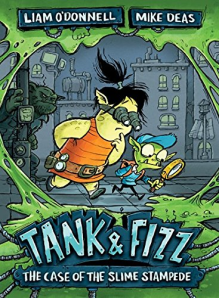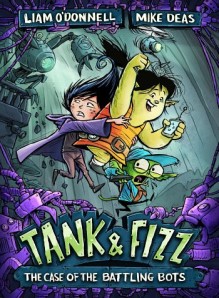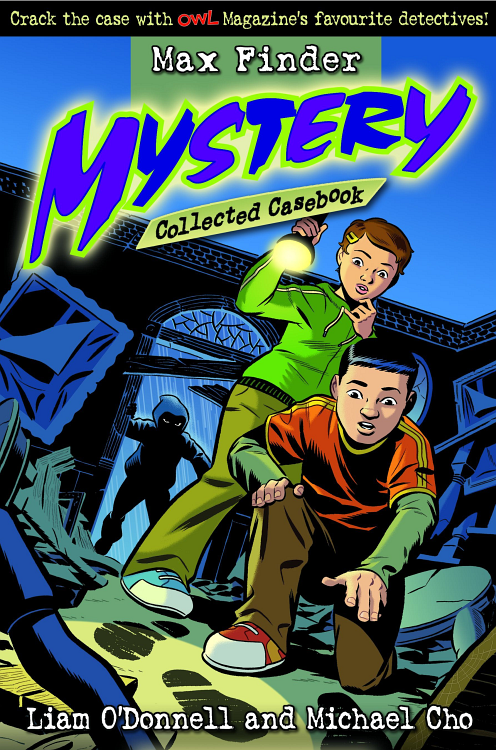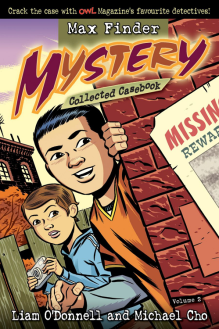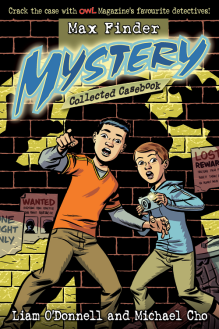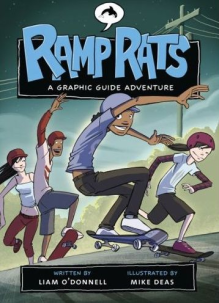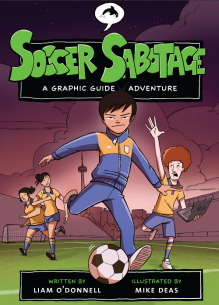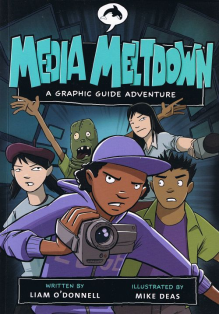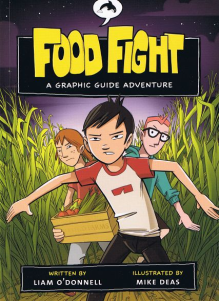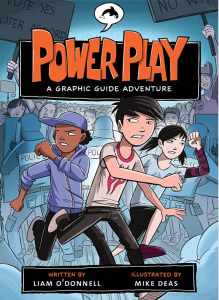From a search of the web on Doodle 4 Google, it looks like I might be. Is anyone wondering about how elementary students and high schoolers spending valuable, publicly funded, class time helping Google redraw their logo benefits students’ learning? Not that I can find.
Google and all its apps are great learning tools that definitely improve student learning. But tools are meant to be used. Through Doodle 4 Google, it’s the students and schools that are being used.
Corporations from Coke to Mac to Nike and many others have worked very hard to crack into that last bastion of ad-free space: public schools. Some have been welcomed and have a role to play in public education (Macs in the computer lab) while others have little to do with improving learning (Coke machines in school hallways.) Google definitely has an important role to play in the future of education, but being the subject of hours of visual arts lessons is not it.
As educational researcher Stephen Downes has said about ad creep in the classroom:
Each little thing – an advertisement on a web page, a swoosh on an athlete’s shoulder, a Coke-only policy in the cafeteria – seems innocent. But it is important to consider the cumulative effect of these little things.
Corporations “challenging” school children to design a new logo/ad campaign/menu/whatever is one of the oldest branding techniques in the book. It’s a chance for them to have their brand transcend merely being something that’s consumed/worn/whatever and become part of the “learning experience”, validated by the learning institute, endorsed by the people in positions of power and respect (teachers) and infused into the very daily experience of the young learner. That’s some serious marketing value.
For the teachers, they get ready-made lesson plans created by Google, which will definitely help fill out those visual arts grades.
And the students? They get to spend a few hours staring at the word Google, using their vast resources of imagination to create art based on a corporate logo (but without changing the logo too much or risk being eliminated from the competition by breaching the TOS/Rules -tucked away on a downloadable pdf.)
I honestly thought the Pepsi T-shirt on Coke Day incidents had taught us to be wary of marketing campaigns disguised as education. Judging from the success of the UK and Australian versions of Doodle 4 Google and the unanimous excitement in the edu blogo/twittersphere, I guess I was wrong.
But I don’t want to be wrong on this. If there is anyone out there (educator or not) who thinks Doodle 4 Google stinks, drop me a comment. The silence of discontent is kinda creepy.
